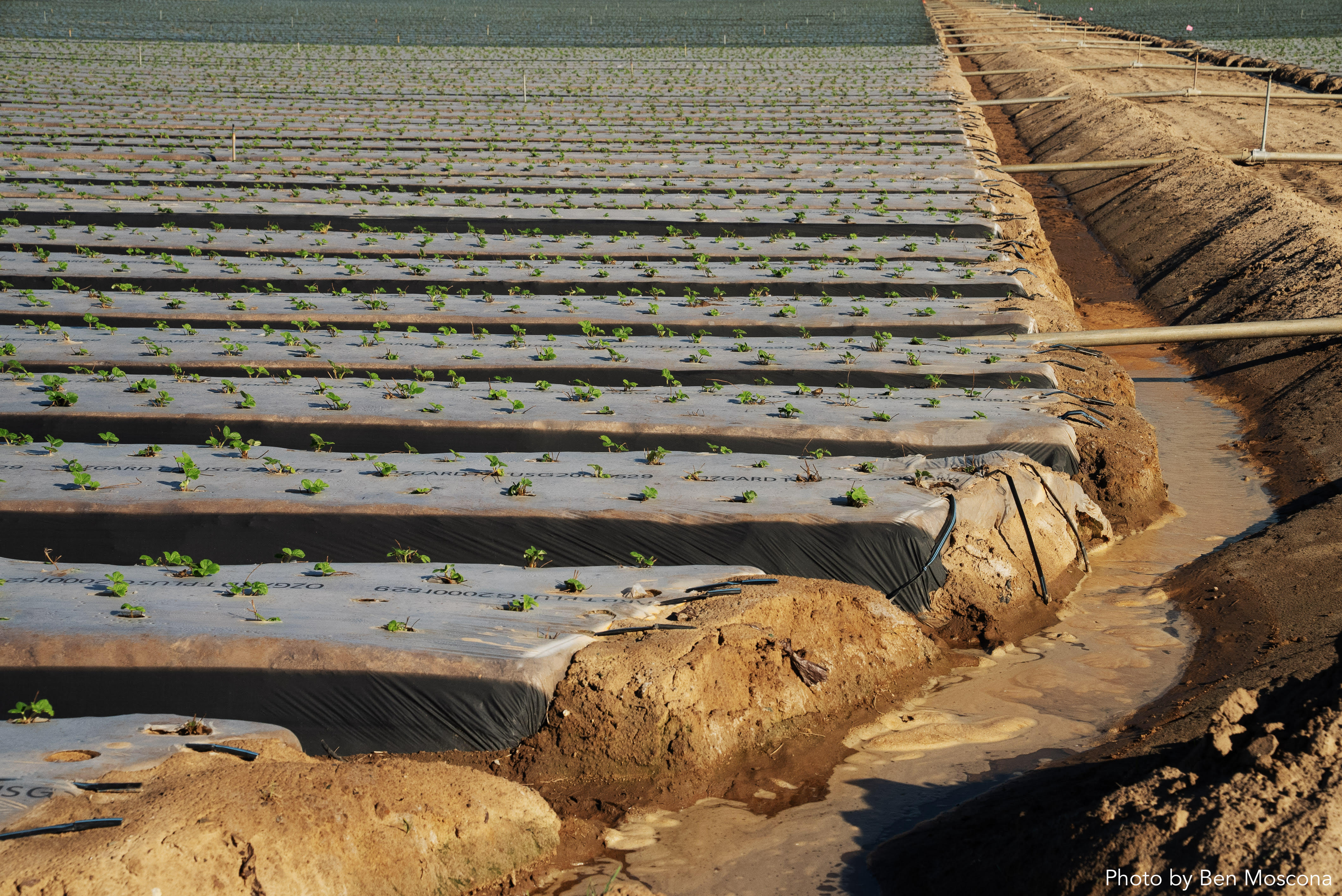AgPlastic Solutions: Waste to Energy and Plastic Circularity in the Agricultural Industry

The introduction of plastic technology has revolutionized the agricultural industry by allowing farmers to achieve a suite of benefits including increased crop yields. Despite these benefits, the use of agricultural plastics comes with significant environmental costs. Across all material life-cycle phases, agricultural plastics have negative environmental externalities: in the production-phase, fossil fuel extraction leads to significant greenhouse gas emissions; in the use-phase, these plastics degrade into microplastic fragments that pollute soils and water resources; at the end-of-life phase, these products are landfilled, incinerated, or burned, contributing from microplastic contamination and air pollution. In this eco-entrepreneurial project, the AgPlastic Solutions team investigated various business models to tackle these environmental impacts and capture value from an underutilized waste stream. Initial exploration into biodegradable plastics led to the determination that there are limitations in current technologies, policy landscape challenges, and adoption frictions among farmers. Therefore, AgPlastic Solutions investigated end-of-life solutions to minimize the impacts of landfilling, incinerating, and burning. Stemming from a culmination of market and customer research, AgPlastic Solutions’ proposed a project development business model to offer a solution that connects agricultural plastic waste streams to advanced recycling technologies and end markets for finished products. Through this research, AgPlastic Solutions discovered that advanced recycling technologies, such as pyrolysis and gasification, have the potential to turn waste into energy and useful chemicals that can help to circularize the plastics industry. In turn, this business model can help to minimize the environmental impacts of agricultural plastics.
Acknowledgements
Roland Geyer, Professor, Bren School
Gene Jones, CEO of Southern Waste Information Exchange (SWIX)